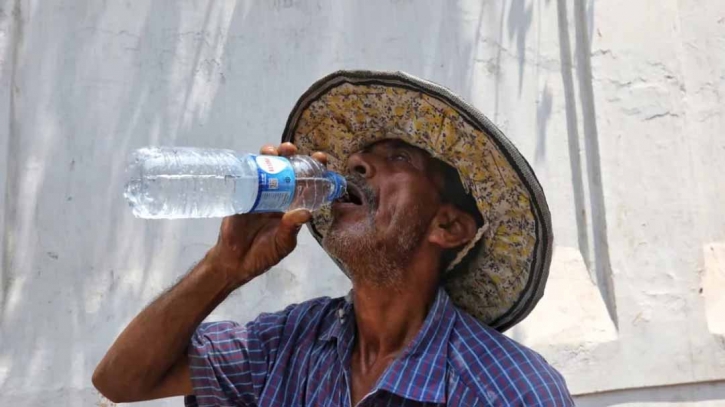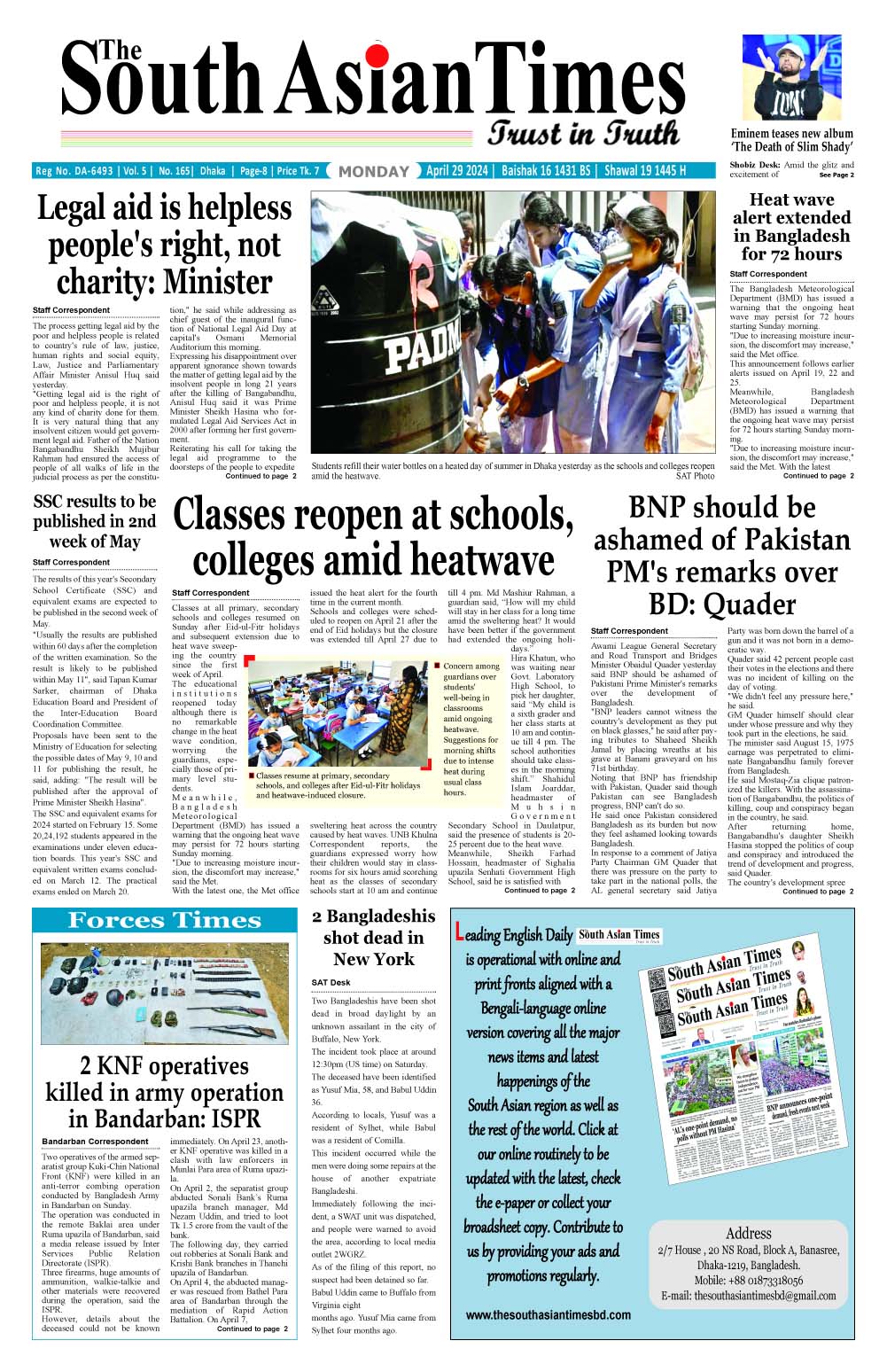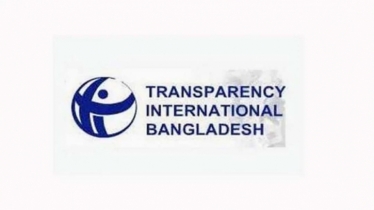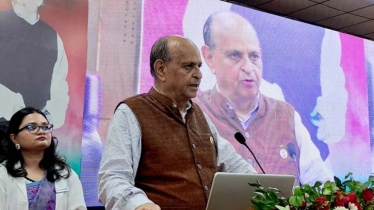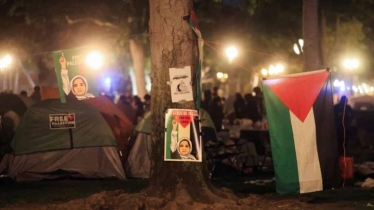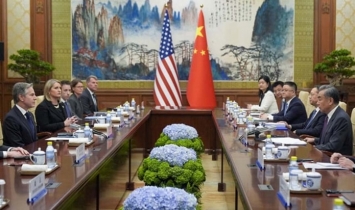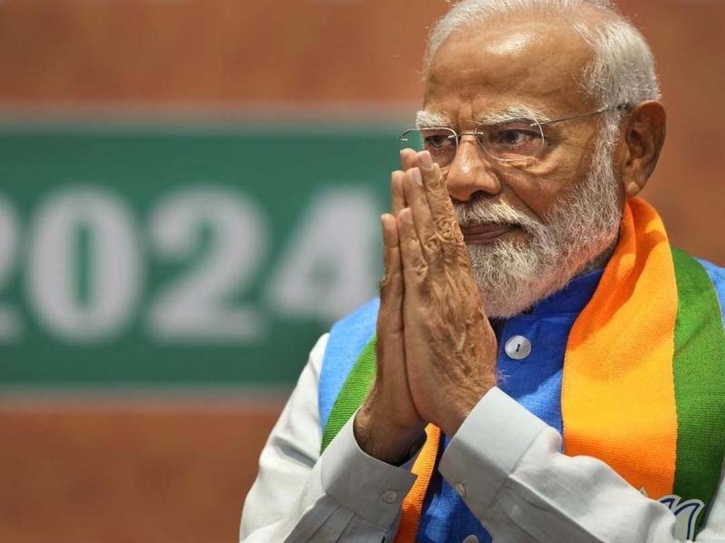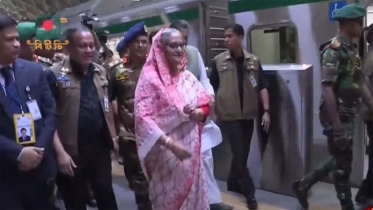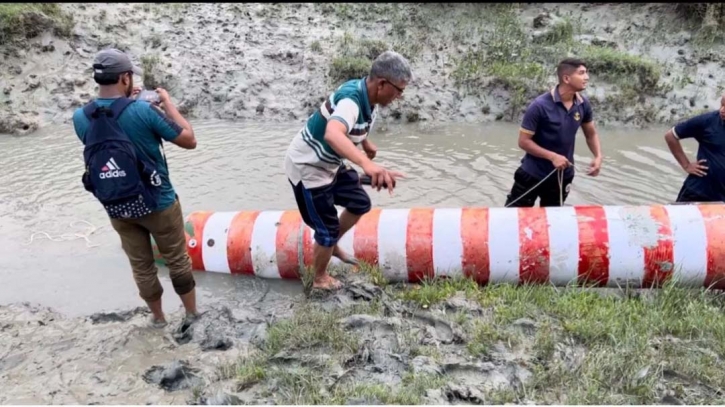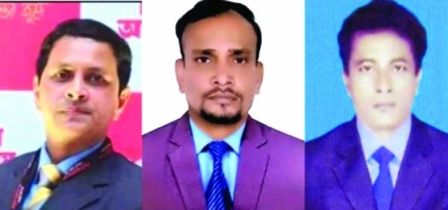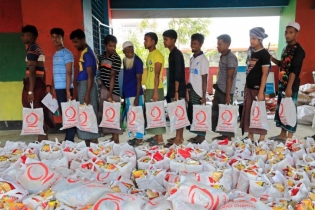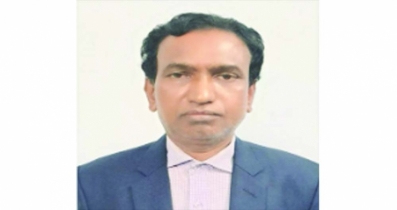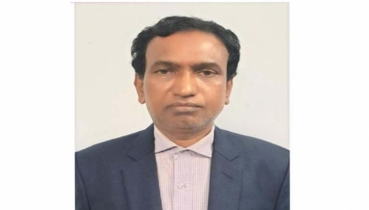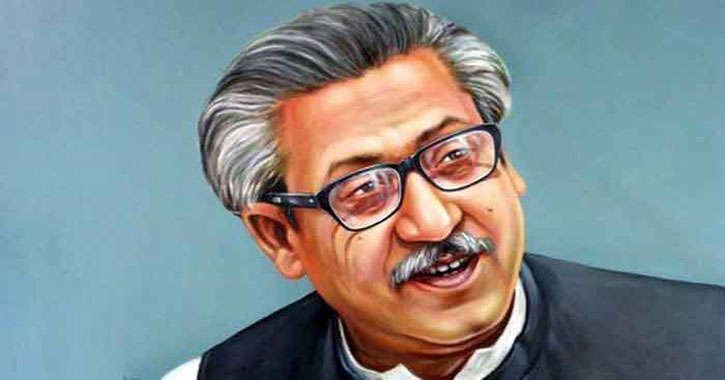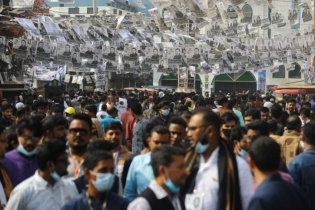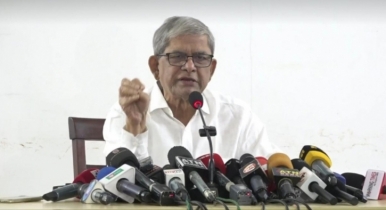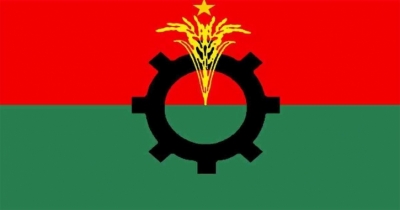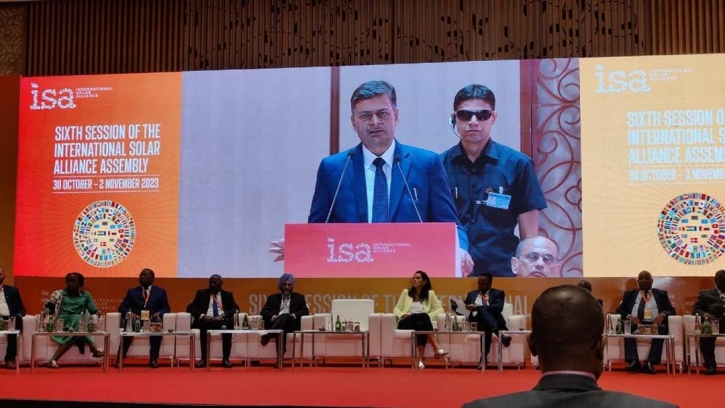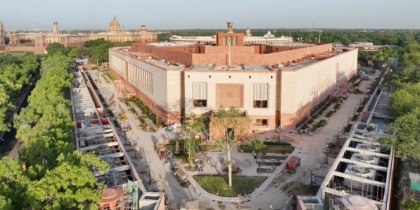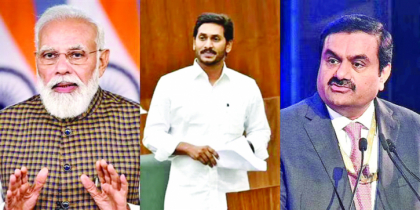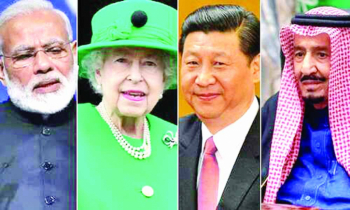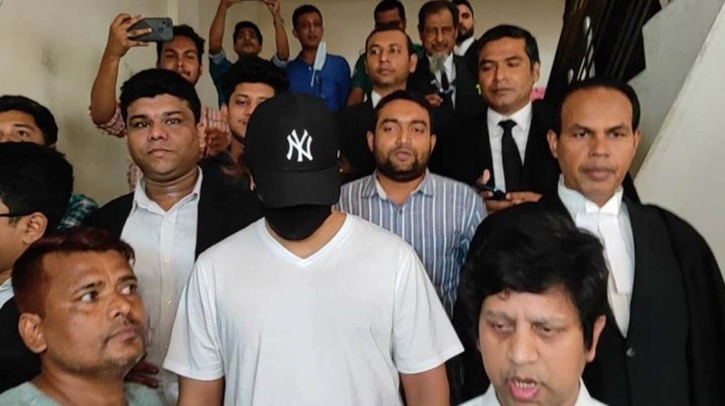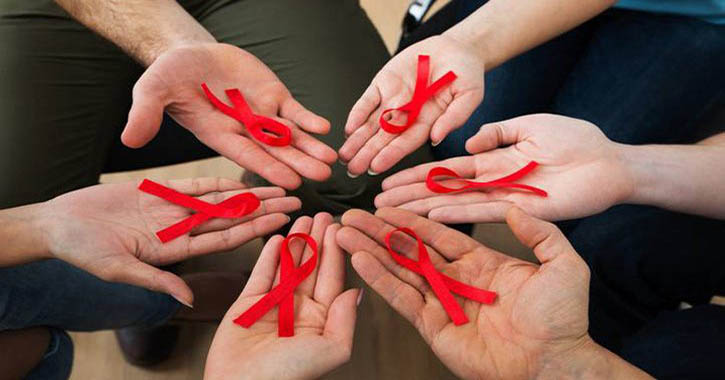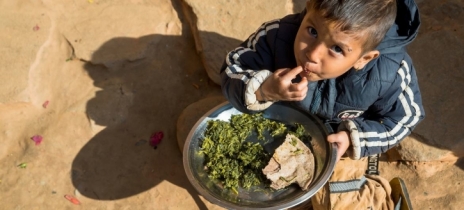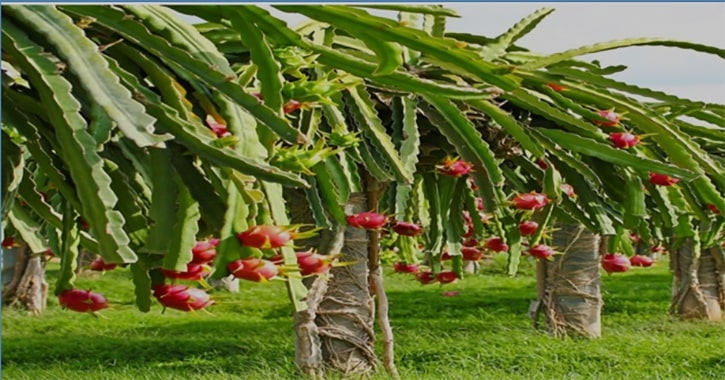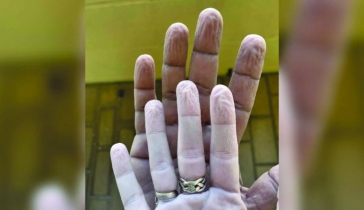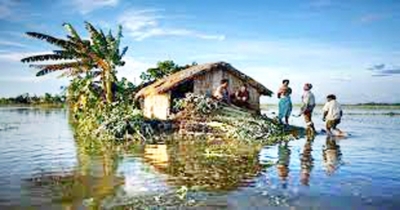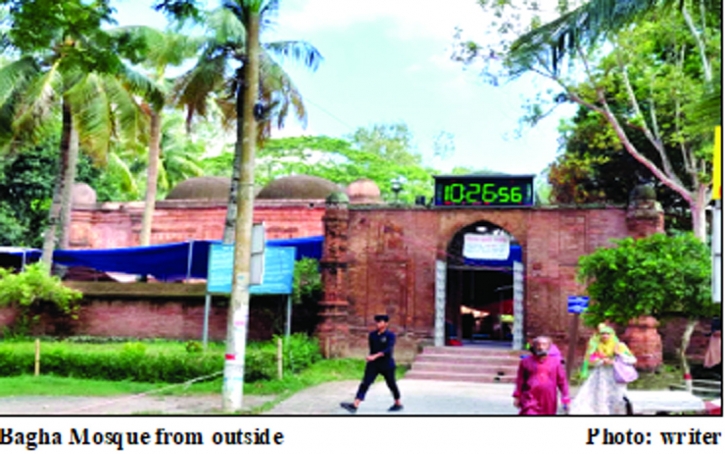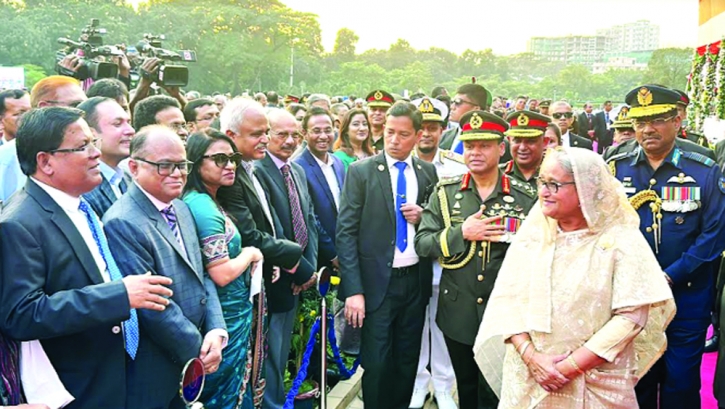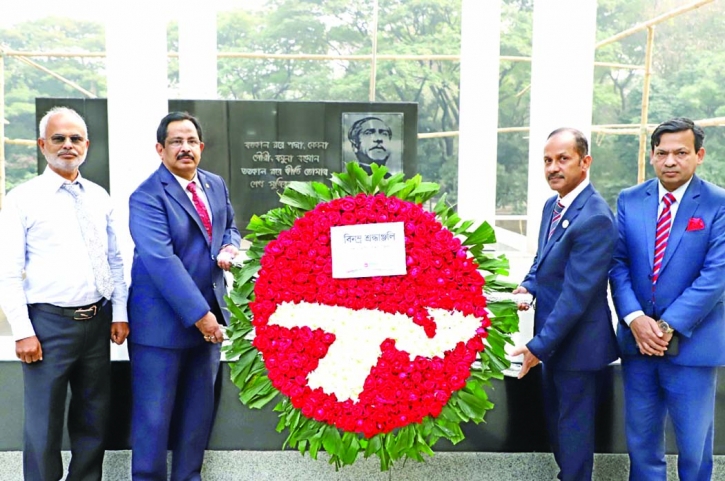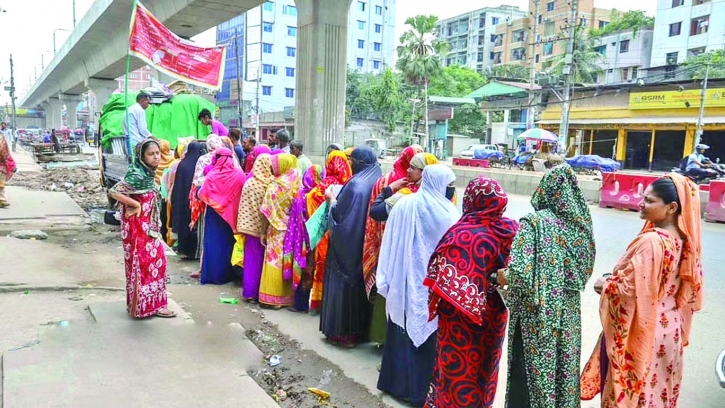Iran knows it, China knows it and apparently, so does the US government: despite existing sanctions against the oil industry of the Islamic Republic, oil from Iran is being shipped to China in record volumes.
Javier Blas, an opinion columnist who covers energy and commodities for Bloomberg, recently described how Iranian oil ends up in China.
“If you believe the Chinese government, the country doesn’t import any oil from Iran. Zero. Not a barrel. Instead, it imports lots of Malaysian crude. According to official Chinese customs data, it somehow buys more than twice as much Malaysian oil as Malaysia actually produces.”
By rebranding Iranian oil, Malaysia became China’s fourth-largest foreign oil supplier last year, behind Saudi Arabia, Russia and Iraq.
For many years, Iran has used the United Arab Emirates (UAE) as a hub for circumventing sanctions. Dubai, one of the seven emirates of the UAE, is the gateway of banned goods other than oil that enter Iran. Tehran has long modified its supply chains so that virtually everything embargoed by the United States or the European Union can be obtained through trading and financial hubs like Dubai.
Central Asia: Russia’s new trading hub
Following Western sanctions over its war in Ukraine, Russia has had to establish similar trade routes to ensure a steady supply of vital goods for its economy.
The former Soviet republics in Central Asia have been proving ideal for circumventing the embargoes, because countries like Kazakhstan or Kyrgyzstan are part of a customs union with Moscow. Moreover, the vast distances — Kazakhstan alone shares a border with Russia of more than 7,500 kilometers — make sanctions control virtually impossible.
Due to Russia’s sanctions-busting strategy, Armenia, for example, saw imports of German cars and components rise by almost 1000% last year.
Russia is the most embargoed country globally, according to the latest data provided by Castellum.AI, a global sanctions-tracking database.
However, the Russian economy is far from collapsing. It posted strong growth of 3.6% last year, and the Kremlin is expecting the 2024 growth rate to be “at the same level,” according to Finance Minister Anton Siluanov.
The International Monetary Fund shares the Russians’ growth expectations, setting the rate of GDP expansion at 3.2%, and noting that high state spending and investments related to the war against Ukraine would be driving growth. Strong revenue from oil exports would continue to support Moscow’s finances, it said.
Sanctions galore, to little effect
Russia is subject to more than 5,000 different targeted sanctions — more than have been imposed on Iran, Venezuela, Myanmar and Cuba combined. They are targeted at politicians and officials in Putin’s government, as well as at Russian oligarchs, large companies, financial institutions and the military-industrial complex.
Financial sanctions have restricted Russian banks’ access to international financial markets, excluding them from the crucially important SWIFT banking system, which powers most international money and security transfers.
Additionally, the Russian central bank is denied access to its vast reserves located in G7 countries.
The catch is that only sanctions imposed by the UN Security Council are legally binding for all countries of the world. And there are indeed several countries like India, Brazil and China that have not adhered to these sanctions.
What’s the alternative?
So, why are Western nations still imposing sanctions they cannot enforce?
“If no sanctions were imposed, it would almost be like tacit support. Or as if one were not responding to this [Russia’s] illegal attack,” said Christian von Soest, sanctions expert at the German Institute for Global and Area Studies.
Author of the 2023 book titled “Sanctions: Powerful Weapon or Helpless Maneuver?”, von Soest told DW that the US and Europe needed to “sharpen their measures to force Russia and Iran to change their behavior.”
According to a report by US business daily The Wall Street Journal, Washington is planning to target several Chinese banks to ensure Western sanctions bite. US President Joe Biden’s administration wants to exclude Beijing from the global financial system in order to stop the flow of finance funding the Russian war machinery, the newspaper reported, citing anonymous sources.
In the EU, a so-called sanctions envoy — David O’Sullivan from Ireland — was named in January last year to engage in diplomatic efforts to enforce the bloc’s sanctions regime.
“His task is also to travel to the post-Soviet states neighboring Russia, for example, and persuade governments there to enforce the sanctions more rigorously,” von Soest told DW.
“The general problem has been recognized that there are ways for both Russia and Iran to circumvent the sanctions,” he said, adding that now one has to see what the various measures bring.
Some impact is already being felt: in Turkey, for example, where a US threat to impose sanctions on financial firms doing business with Russia has led to a steep decline in Turkey’s exports to Russia, which had boomed last year.


